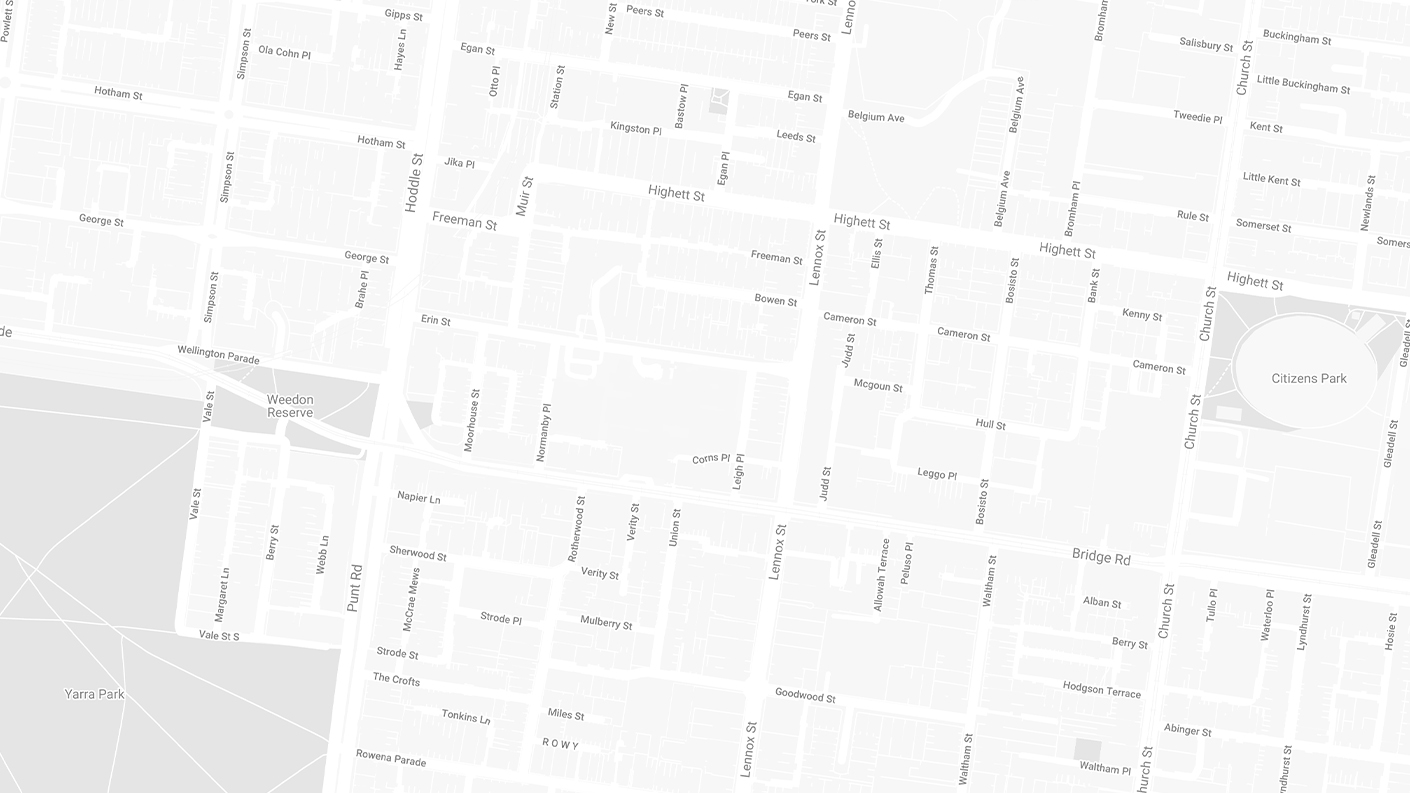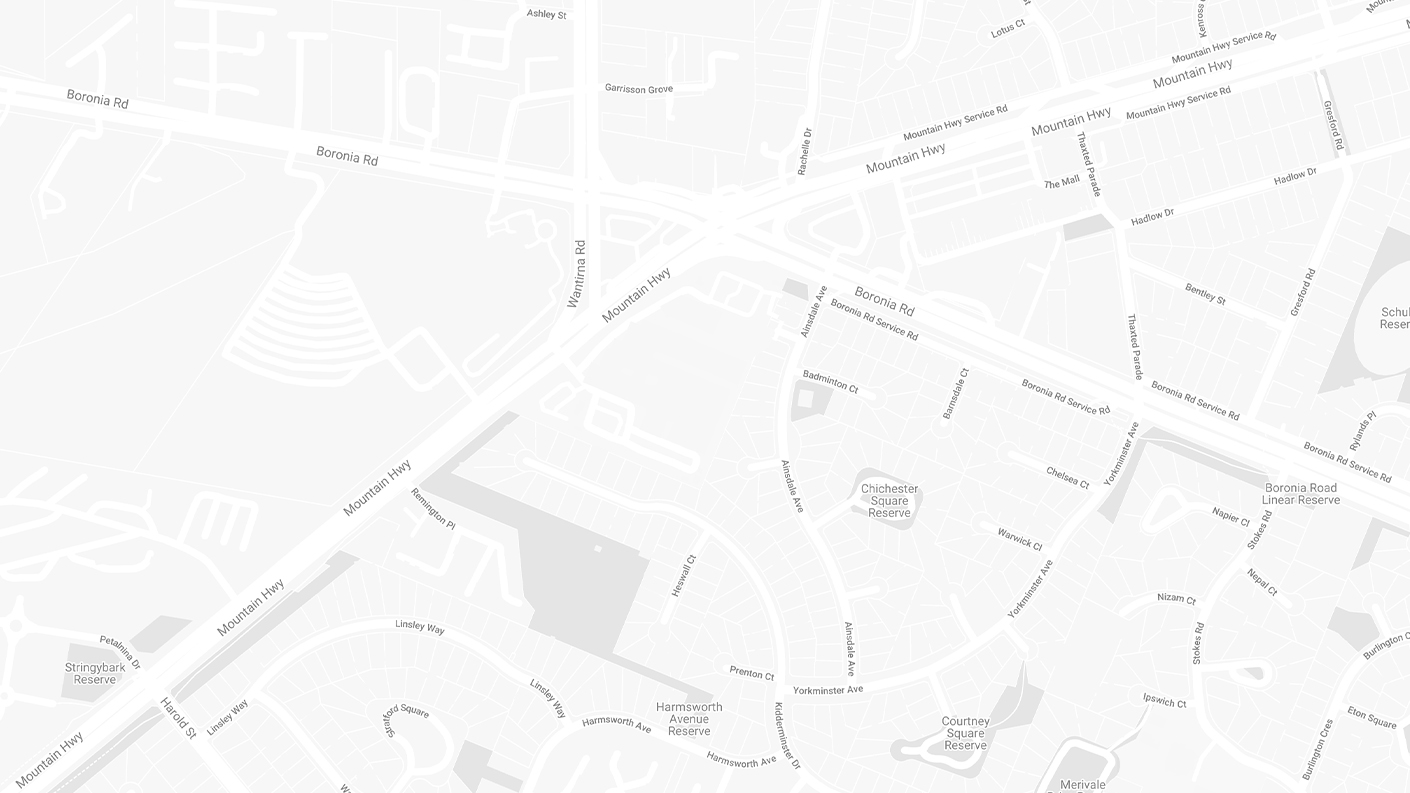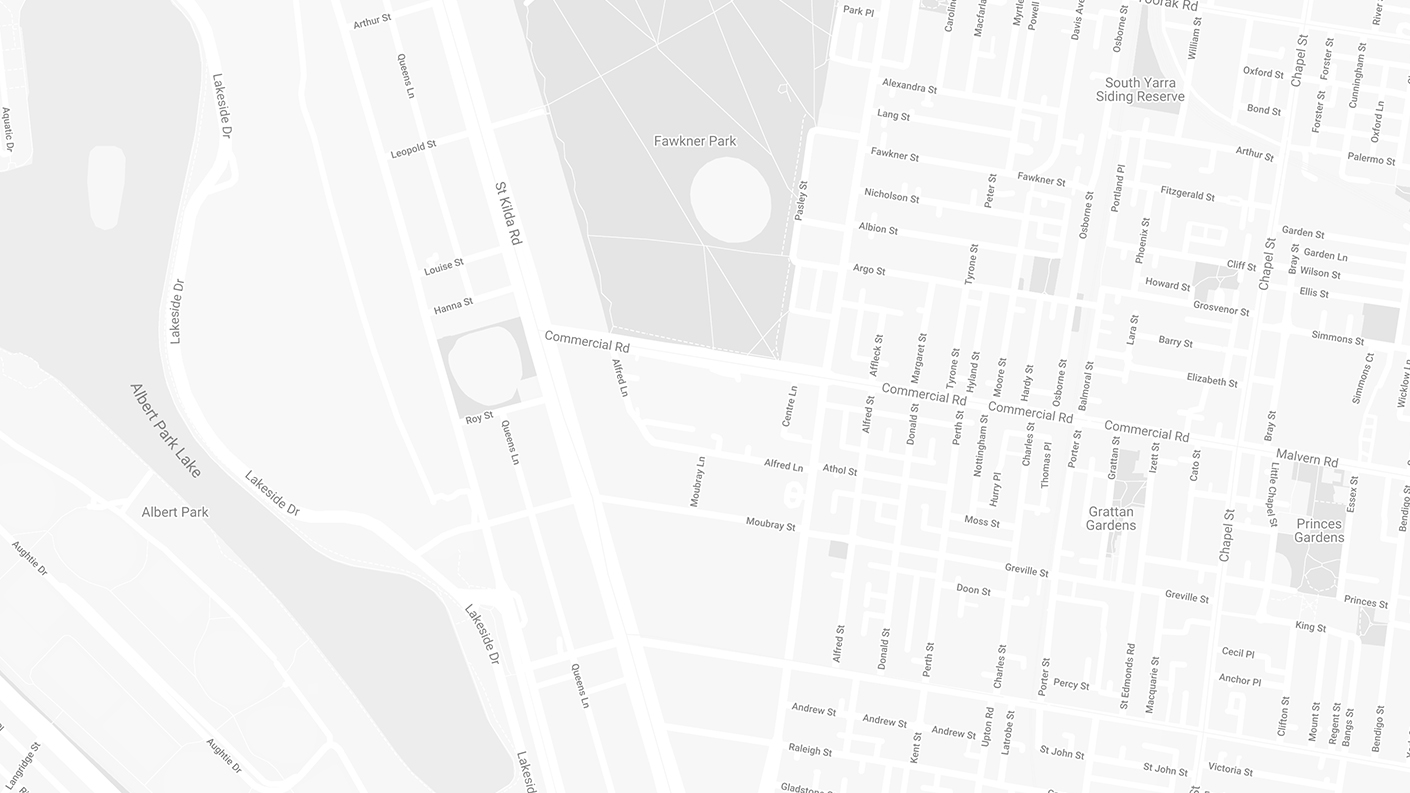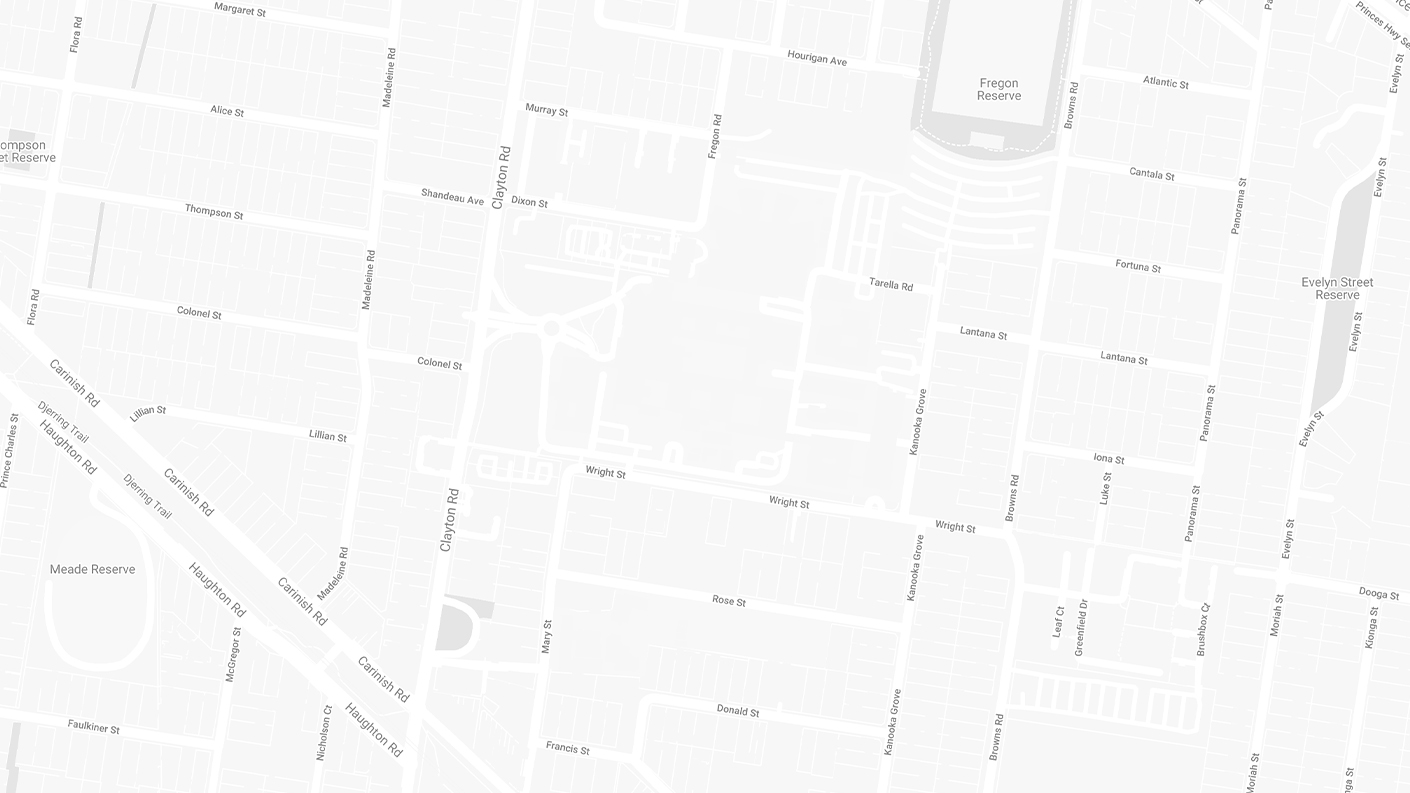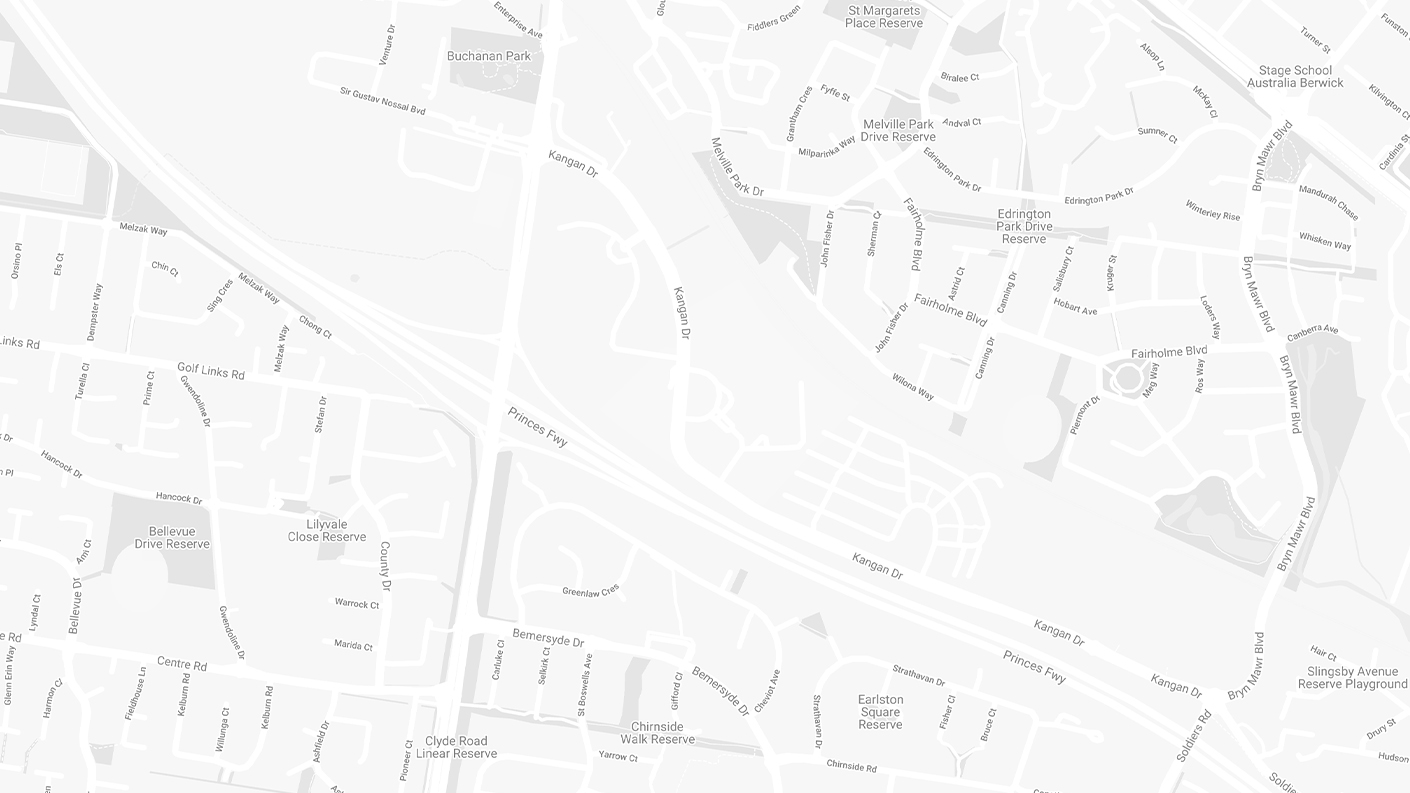
In most cases, thyroid nodules are caused by an overgrowth of thyroid tissue.
Thyroid nodules are lumps that can form in the thyroid gland. Although these lumps are fairly common, they can differ from person to person — sometimes, they may be solid, while in other cases, they can be filled with fluid. The good news is that thyroid glands are usually benign and rarely cause any serious symptoms. In fact, many people develop lumps without even knowing it.
So, what actually causes thyroid nodules? And what are the possible warning signs?
What causes thyroid nodules?
In the majority of cases, thyroid nodules occur when the normal thyroid tissue becomes overgrown. It is not clear what causes this overgrowth, but genetic factors do play a role. Thyroid nodules tend to affect more women than men.
Although less common, thyroid nodules can also be linked to other health issues, such as thyroid cancer; chronic inflammation of the thyroid; and an autoimmune disease known, as Hashimoto’s thyroiditis. Iodine deficiency may also lead to the development of thyroid nodules, although this is quite rare in Australia.
There are a few risk factors that can increase one’s chances of developing thyroid nodules. Those who have a family history of the issue, for example, are more likely to experience thyroid nodules, as are those who are 60 or more years old. If you already have a thyroid condition, you may be at risk of thyroid nodules.
Are there any warning signs?
Many people are completely unaware that they have a thyroid nodule, but if the lump grows big enough, it is possible that you will experience symptoms. These include difficulty with breathing and swallowing; discomfort at the base of the neck; development of a goitre; and a hoarse voice.
In some cases, a thyroid nodule may produce too much thyroid hormone. If this happens, you might notice some of the symptoms of hyperthyroidism, such as unexplained weight loss; rapid heartbeat; sleep-related problems; and anxiety.
Thyroid nodules can also develop in individuals who have Hashimoto’s thyroiditis, an autoimmune disease that puts one at risk of hypothyroidism. If you develop hypothyroidism, you may experience symptoms like fatigue; unexplained weight gain; dry skin and hair; and increased sensitivity to cold temperatures.
What are the treatment options?
The treatment that is recommended for you will depend on the size and type of thyroid nodule that you have, as well as whether or not you are experiencing symptoms. If your thyroid nodule is not causing you any concern, your doctor may recommend regular check-ups without treatment.
If, however, your thyroid nodule is causing an overproduction of thyroid hormones or making it difficult to swallow or breathe, you may be referred for thyroid surgery. If surgery is the best option for you, your surgeon will let you know the details of the procedure and address any questions or concerns that you have before your treatment begins.
How can we help?
Associate Professor James Lee specialises in endocrine surgery and offers a number of thyroid surgeries, including treatment for thyroid nodules. If you have been referred for a thyroid nodule workup, we encourage you to get in touch so that Associate Professor James Lee can guide you through the process and let you know what your treatment options are. Associate Professor James Lee is a strong advocate of patient-centred care and you can rest assured that your treatment plan will be tailored especially for you.
If you would like to find out more about the types of thyroid surgery that Associate Professor James Lee offers, please have a look here.
As an endocrine specialist, Associate Professor James Lee also offers adrenal surgery and parathyroid surgery — if you would like to find out more about all of the other endocrine treatments that are available, please have a look here.
If you would like to arrange a consultation with Associate Professor James Lee, please get in touch here or give us a call on (03) 9246 6466.
CONTACT US
Get in touch

Ask a question or Book an appointment.
Please fill in the online enquiry form to ask a question or book an appointment.
Or call today on (03) 9246 6466
Get in touch
For any enquiries, concerns, or to book a consultation, get in touch with our friendly team. We look forward to hearing from you.
